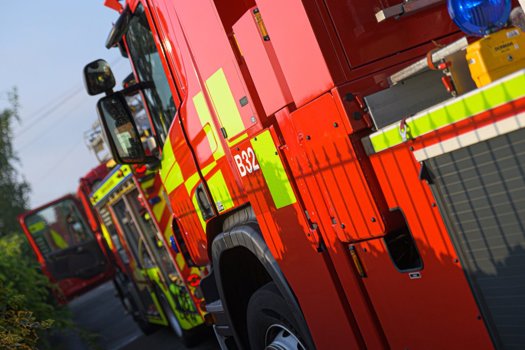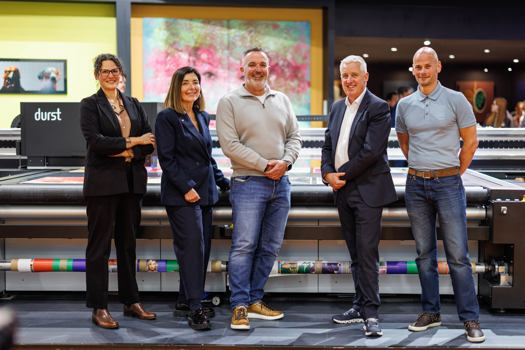The troubled French group, which holds a majority stake in paper merchanting business Antalis and owns paper manufacturer Arjowiggins, has been involved in legal proceedings with BAT Industries, a division of British American Tobacco (BAT), and its subsidiary BTI 2014 (the BAT Group) since 2013.
The dispute regarded the legality of two dividends distributed to Sequana by its former subsidiary Windward Prospects, for a total amount of €578m: €443m in the first dividend and €135m for the second.
The High Court decided in July 2016 and February 2017 to dismiss all the claims made by the BAT Group based on the Companies Act 2006 with respect to both dividends, and to accept its claims based on section 423 of the Insolvency Act 1986 with respect to the second dividend only.
The court accordingly ordered Sequana to pay to BAT a principal sum capped at the amount of the second dividend plus interest, as well as part of BAT’s costs of the proceedings, which amounted to around €163m.
Sequana lodged an appeal in March 2017, while the BAT Group, meanwhile, lodged its own appeals against the decisions made against it regarding its claims on both dividends based on the Companies Act 2006.
Before the hearing, however, BAT dropped all of its claims with respect to the first dividend of €443m, so that the scope of the dispute was limited to second dividend and to the behaviour of the directors who had authorised this distribution.
On Wednesday (6 February), the Court of Appeal confirmed the first instance judgment with respect to the absence of any liability of the directors under the Companies Act 2006.
However, it also confirmed the first instance decision as to the application of section 423 of the Insolvency Act 1986 to the second dividend, thus upholding the €163m judgement against Sequana on this issue.
Sequana said it is currently reviewing the terms of the decision and intends to seek permission to appeal at the Supreme Court.
Sequana stressed that the judgement had no impact on Antalis or Arjowiggins, which were not party to the litigation. Following an IPO in 2017, paper merchant Antalis is an independent company with its own stock market listing, although Sequana does currently remain its majority shareholder.
Since Sequana is under sauvegarde proceedings with an observation period extended until 17 May, the group said it considers that the decision of the Court of Appeal cannot be enforced against it due to the fact that the BAT Group’s claim remains disputed.
“Considering this decision and with the help of its advisors, and while the situation of its group and the value of its assets have been materially adversely affected, in particular due to the uncertainties attached to the BAT litigation, Sequana is considering its options both in the United Kingdom and in France to best protect its interests, including in the sauvegarde proceedings opened in its benefit,” the company said in a statement.
Last month Arjowiggins’ UK operations were placed into administration a week after receivership proceedings for some of the paper manufacturer’s French subsidiaries were opened by the Commercial Court of Nanterre.
This came after the group’s planned €125m (£109m) deal to sell Arjowiggins’ €528m-turnover Graphic and Creative Papers businesses to Dutch firm Fineska fell through after the buyer pulled out due to deteriorating market conditions.
Sequana’s share price dropped by 25% from €0.20 to €0.15 when trading opened yesterday (7 February) and, at the time of writing, is yet to recover.
According to French newspaper Les Echos, the ASAMIS (association of minority shareholders in listed companies), chaired by Daniel Pichot, has asked Sequana to ask Euronext to suspend its shares, pending the outcome of its review of the shares it intends to take.










